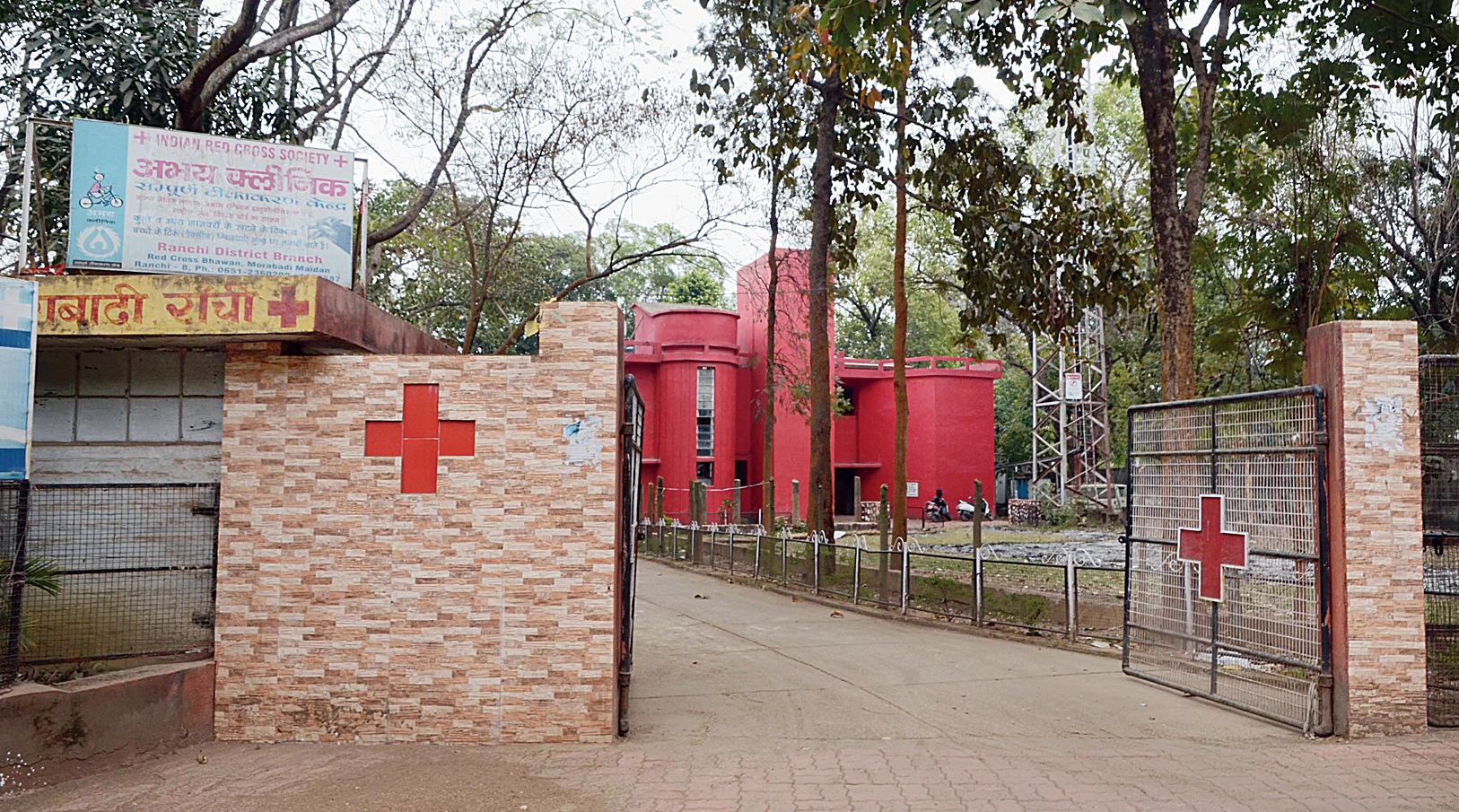A quick response team to combat natural calamities, a 24/7 free blood bank and a blood component separator are among facilities that the Indian Red Cross Society’s wing in Morabadi, Ranchi, will boast by the end of this year.
Deputy commissioner Rai Mahimapat Ray said following the constitution of a new executive committee on January 28, earnest efforts were being made to streamline the functioning of the voluntary outfit that is part of the International Red Cross and Red Crescent Movement.
Ray is the ex-officio president of Ranchi Red Cross while its new 10-member executive committee comprises crusader Atul Gera and medical practitioners, among others.
“There have been allegations of financial malpractices and improper functioning of the Red Cross Society in the past few years. I have ordered an audit and fresh election (of the executive committee) was completed in January. We have plans to streamline the blood bank facility and help the unit be better prepared for natural calamities,” Ray said.
Gera, one of the newly elected members, said the Ranchi Red Cross blood bank currently operated only during the day. “Plans are afoot to turn it into a 24/7 facility. We will also do away with the high processing and replacement charge of Rs 1,200, which means blood units can be collected for free,” he said.
The organisation has decided to rent out its 4,000sqft hall for social functions to generate revenue and compensate the losses. “A 24/7 blood component separator and single donor platelet facility are on the cards as well to help those suffering from dengue and similar ailments,” said Gera.
The Ranchi Red Cross is expected to apply for registration of a blood component separator within a month. “We will apply by March soon after the new office-bearers are elected following an AGM (annual general meeting) of the Red Cross Society,” Gera added.
At the moment, Ranchi requires nearly 250 units of blood every day and barely 60 units are collected through donation while the rest of the demand is met through replacement.
The executive committee further plans to form a quick response team for natural calamities with proper training in first aid and disaster management, apart from starting OPDs in Ayurveda, allopathy and homeopathy on the ground floor of the G+1 building.
“The district administration currently relies on the availability of NDRF personnel when there is flood, drought and similar natural disasters. So, we want to develop a home unit to assist the administration not only in Ranchi, but also in other districts,” Gera summed up the organisation’s future plans.
What more can be done to plug the blood demand-supply gap? Tell ttkhand@abpmail.com











